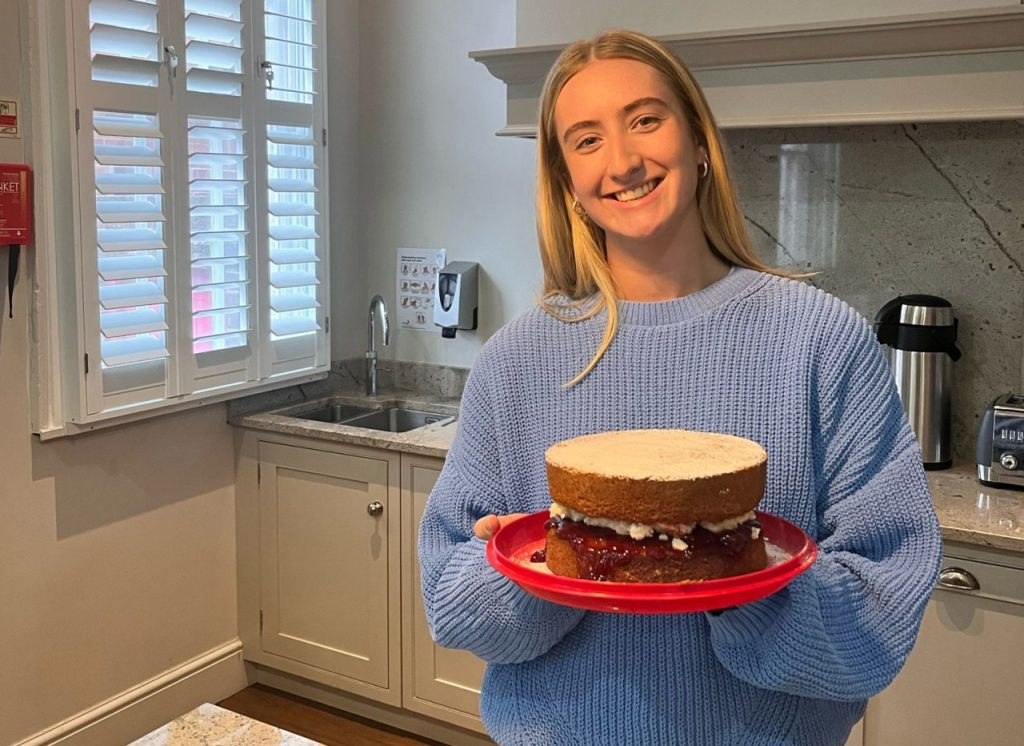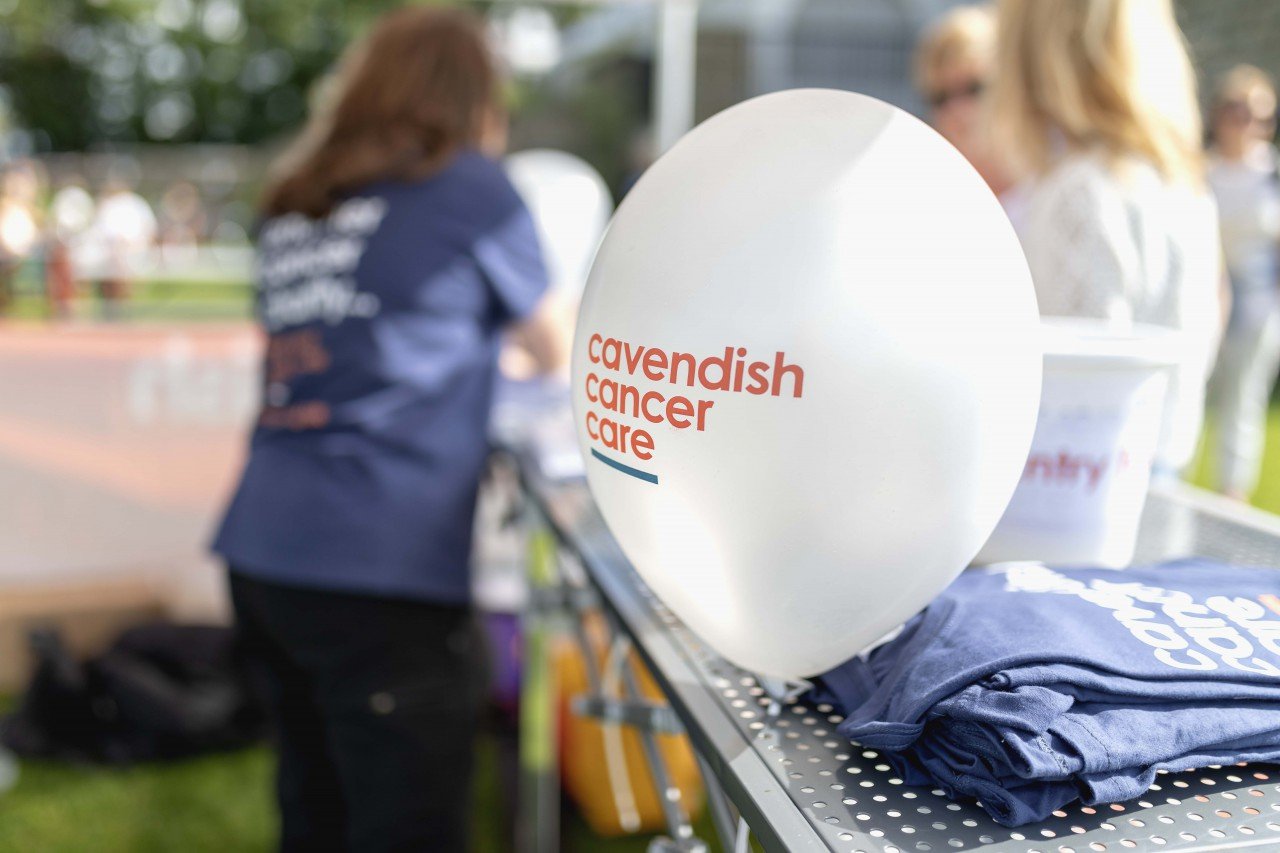Mental Health First Aider course: Charley’s Experience
TLDR: Too Long; Didn’t read.
In April Charley completed the 2-day Mental Health First Aider course, this article includes why she decided to do the course, what she gained from it, and why you should book yours!
“I have gained some invaluable knowledge and skills to be able to support those experiencing poor mental health and provide first-level support and early intervention.
Having done this course I feel much more prepared to firstly, look after myself and practice self care. Its given me the tools to understand my own mental health and why that is so important. But it’s also given me the tools to practice active listening and empathy, improve my mental health literacy, and show me how to approach conversations around mental health.
I am now equipped to be able to help those around me struggling with their mental health, as well as educating people on the importance of discussing mental health and promoting positive well-being.
I cannot recommend this course enough, if you have the time please read this article. (or skip to the end and book your course today)”
Hello!
My name is Charley, and I am a Sales and Marketing Executive at Cavendish Wellbeing. On the 16th and 17th of April, I completed the 2-day Mental Health First Aider (MHFA) course, which means I am now a certified Mental Health First Aider.
I am so pleased I am a part of a community that can help foster a healthier and more compassionate environment.
MHFA is a specialised course that equips individuals with the knowledge and skills needed to identify, understand, and assist someone experiencing a mental health issue. While it doesn’t turn you into a therapist, it does give you the knowledge and skills to listen, reassure, and respond effectively—even in crises. This is why I believe MHFA training is crucial.
So, why did I do this course?
Working for Cavendish Wellbeing has shown me why mental well-being should be a core value held by individuals and businesses. It has led me to the view that positive mental well-being is crucial in the workplace for several reasons. One in four people at some point in their lives will be affected by a mental health issue. Naturally, this affects businesses because it affects employees.
Poor employee well-being can result in low productivity levels, long-term absences from work, negative staff retention, and overall organisational success. A mentally healthy workplace fosters a positive culture, increases morale, and better engagement amongst employees. Supporting mental health creates a healthier and more inclusive work environment, promoting a better work-life balance.
These reasons have encouraged me to want to do the MHFAider course to become a better advocate for positive mental well-being and be more confident in reducing negative mental health stigma through my role. Remember, mental well-being is not a weakness; it’s a fundamental aspect of overall health.
While having a professional motivation I also had a personal reason to become a Mental Health First Aider. Since I was a teenager, I have struggled with my mental health. From school through to university my academic performance suffered, I struggled to concentrate, I became demotivated, and lacked belief in myself. During this time, I didn’t feel like I had an avenue where I could openly ask for help/advice without judgment. While my family and friends were so supportive, I felt myself holding back from being honest about how I felt because I didn’t want to worry them or make them upset.
Having experienced poor mental health personally is very difficult, but seeing those that you love struggle with their mental health is also hard to process. I often felt hopeless, or that I didn’t know what to say, trying to fill silences with humour or change the subject in attempts to ‘lighten the mood’. I now know how to properly engage in this conversation to firstly benefit and help the person struggling but also protect myself during these difficult conversations. While these were traumatic experiences, they gave me the courage to want to do this course and gain the skills to become more equipped to be able to help myself and others.
Enough about why I did the course, what did I get out of it?
Firstly, one of the main things this course has given me is knowledge about mental health. Having a clear understanding of what mental health is, and the difference between poor mental health and mental ill health is crucial for this role. This helped to improve my mental health literacy and the appropriate language to use when discussing mental illnesses to ensure that it is as comfortable a conversation for everyone.
It taught me a lot about myself and how I need to care for my mental well-being, but it also gave me some validity in the things I went through when I was struggling with my mental health; it was normal, it’s nothing to be ashamed of, it doesn’t take anything away from me as a person. Saying that I have struggled with mental illness is not something that came naturally to me and it is brave. This is the mentality I will take into my responsibilities as an MHFAider.
While knowledge is incredibly important, having the skills to be able to put this into practice was more difficult to learn. For those experiencing mental health issues discussing their struggles can provide relief, validation, and a sense of connection. As an MHFAider, I can now approach these conversations with empathy, assess for risk of crisis, listen, and communicate without judgement while also giving support and correct information.
One of the main skills I learnt on this course was practicing my self-care; what is self-care, why this is important, what does self-care look like for me, and what does it look like for other people? A powerful metaphor that Julie, our instructor, used in the course was the idea of an aeroplane oxygen mask. Just as passengers are advised to put on their oxygen masks first before assisting others during a flight emergency, prioritising self-care ensures you can effectively care for others. Just as you can’t help others if you’re unconscious due to lack of oxygen, you can’t effectively care for others if you neglect your well-being.
When talking about mental health, I often found conversations uncomfortable or intimidating, because of a lack of knowledge or confidence and not wanting to say the ‘wrong thing’. I have learnt to ‘become comfortable with the uncomfortable’. This phrase is probably one of my biggest takeaways from the whole course. The conversations I will have as an MHFAider can be difficult, and sometimes it is necessary to allow the ‘awkward’ silence and listen to a person’s story. As someone who likes to fix things to try and offer solutions and help people where I can, but I have learnt that sometimes silence is ok.
Becoming a MHFAider has been such a rewarding experience for all the reasons above, and I will advocate heavily for other people to do this training too. When my certificate came through, I got a profound sense of achievement that I now have the knowledge and skills to provide mental health first aid to support people who are experiencing poor mental health. I wish I had known a MHFAider when I was struggling with my mental health, to give me the guidance and correct information I needed. I am thrilled to say that I can now be that person for someone else that I wish I could’ve had.
I am now equipped to be able to help those around me struggling with their mental health, as well as educate people on the importance of discussing mental health and promoting positive well-being. Encouraging open conversations and creating a supportive environment to do this is going to be my first step to reducing the stigma associated with mental health issues.
What now? Sign up to one of our open courses and become a MHFAider.
MHFA training isn’t just for professionals—it’s for anyone who wants to make a positive impact. By completing the course, you’ll gain certification as a Mental Health First Aider, and you’ll be better equipped to support those around you.
Cavendish Wellbeing are delivering a variety of in person and virtual open courses throughout 2024/2025; Mental Health First Aid 2-day course, Mental Health Champion 1-day course, Mental Health Skills for Managers ½ day course.”
For more information about our open courses:
· Visit our website https://cavcare.org.uk/corporate-wellbeing/
· Get in contact via LinkedIn Charley Whitehead | LinkedIn
· Email c.angus@cavcare.org.uk to book onto a course today!


